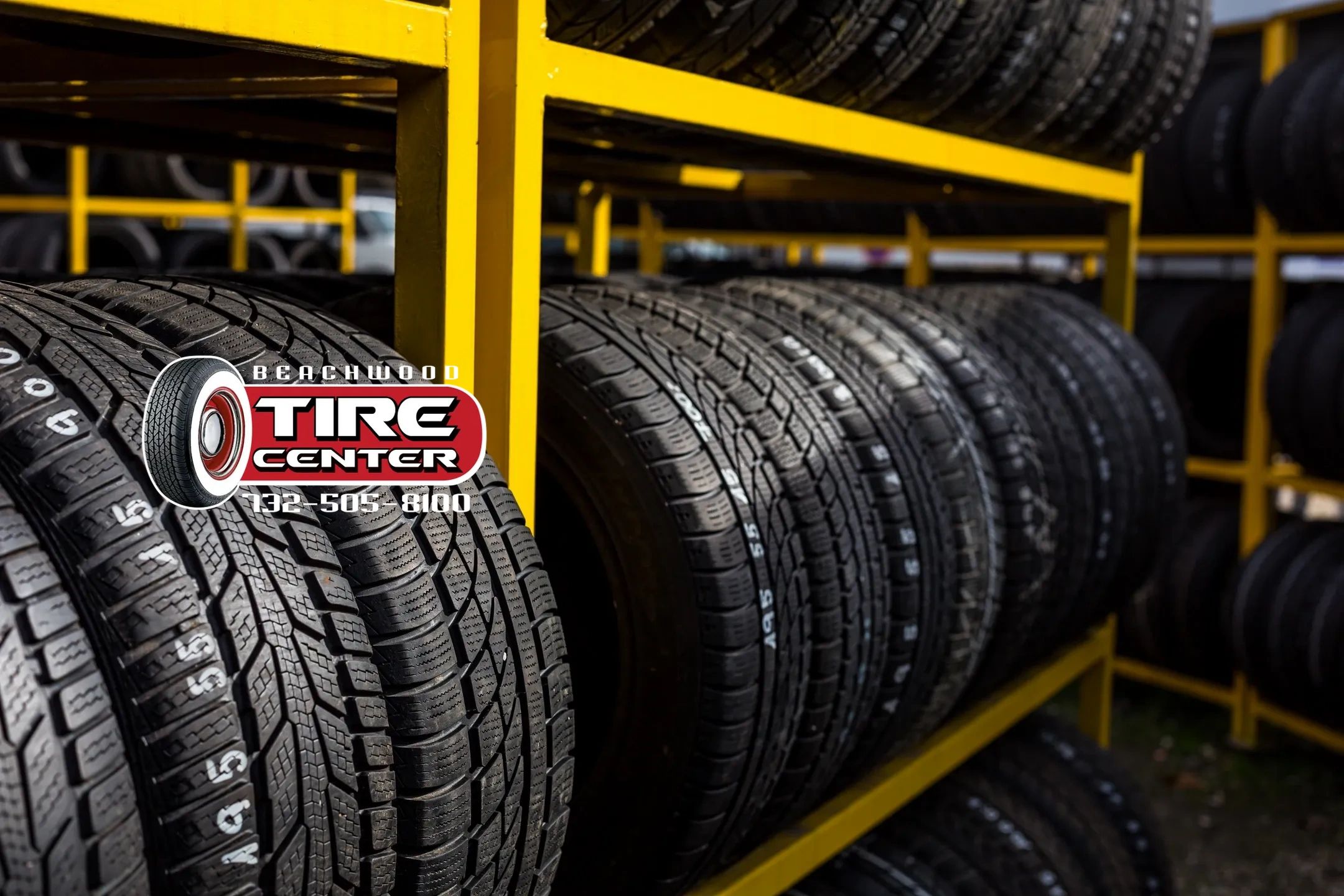Browse Smooth Roadways with Morris Tire: Your Trusted Tire Store Near Me
Browse Smooth Roadways with Morris Tire: Your Trusted Tire Store Near Me
Blog Article
The Environmental Advantages of Proper Tire Maintenance
Keeping proper tire treatment is typically neglected, yet its effect on the atmosphere is profound. From minimizing gas usage to lowering exhausts output, the benefits are far-ranging. Proper tire maintenance not only expands the life-span of tires but also decreases land fill waste and adds to improved air high quality. The interconnectedness of these benefits highlights the crucial role that easy maintenance practices can play in promoting environmental sustainability.
Minimized Gas Usage
Improving tire maintenance practices can lead to a significant reduction in fuel consumption for lorries. According to the United State Division of Energy, underinflated tires can decrease gas mileage by 0.2% for every 1 psi decline in pressure in all four tires.
Along with tire stress, regular tire rotations and positionings also play a vital function in fuel performance. Unevenly worn tires can boost fuel usage as the engine functions harder to keep speed and traction. By keeping proper positioning and turning tires at suggested periods, vehicle drivers can ensure also use and prolong the life of their tires, ultimately conserving fuel and lowering their carbon impact.
Extended Tire Lifespan
Prolonging the life expectancy of tires is an essential element of effective automobile upkeep techniques that can yield price financial savings and ecological benefits over time. By correctly keeping tires, drivers can considerably lengthen their usability, decreasing the regularity at which brand-new tires require to be produced and old ones dealt with. This not only conserves important resources but likewise minimizes the power and emissions linked with tire production and disposal processes.
Frequently examining tire pressure, turning tires, and making certain correct placement are crucial actions in expanding tire lifespan. Adequate walk deepness is vital for ideal traction and safety and security, yet it additionally contributes in just how long tires can be made use of prior to requiring substitute. In addition, preventing hostile driving actions that accelerate tire wear, such as harsh braking and sharp turns, can even more enhance tire toughness.
Eventually, increasing the longevity of tires via aggressive maintenance not just profits the setting by lowering waste and conserving sources however likewise brings about set you back savings for vehicle proprietors by delaying the need for new tire purchases.
Lower Emissions Result
Effective tire upkeep practices contribute to a reduction in discharges result, straightening with environmental sustainability objectives in the automobile market. Appropriately inflated tires, regularly rotated and lined up, can boost fuel that site efficiency, hence reducing the overall co2 emissions from vehicles. When tires are underinflated, the engine has to work tougher to move the car, leading to increased gas usage and greater emissions. By preserving ideal tire stress levels, chauffeurs can assist reduce these unfavorable ecological influences.
In addition, properly maintained tires additionally boost traction and decrease rolling resistance, better improving gas effectiveness. This, consequently, decreases the quantity of exhaust gases released right into the ambience. Additionally, making certain tires are properly inflated and aligned can prolong the life-span of the tires, decreasing the regularity of tire replacements and the associated environmental expenses of tire production and disposal.

Lowered Landfill Waste
Offered the positive impact of proper tire upkeep on reducing exhausts output, another considerable ecological benefit is the possibility for decreased landfill waste. By making certain that tires are appropriately inflated, straightened, balanced, and revolved frequently, their lifespan can be significantly extended.

Improved Air Quality
Enhancing air top quality with proper tire maintenance practices is a crucial aspect of sustainable environmental stewardship. When tires are underinflated, they create extra moving resistance, leading to increased fuel consumption and higher discharges of damaging pollutants such as carbon monoxide and nitrogen oxides. Correctly inflated tires not just boost fuel efficiency yet additionally reduce the quantity of pollutants launched original site right into the air.
Additionally, well-kept Read Full Article tires with correct tread deepness and alignment add to more secure motoring problems, reducing the likelihood of accidents that can cause the launch of additional toxins right into the atmosphere. By expanding the life-span of tires via normal upkeep and rotation, fewer tires are discarded too soon, lowering the environmental effect of tire disposal and manufacturing procedures.
Verdict
In conclusion, correct tire upkeep uses numerous ecological advantages. It is crucial for people to prioritize tire upkeep as an easy yet effective method to safeguard the environment for future generations.
Appropriate tire maintenance not just prolongs the lifespan of tires however also lowers garbage dump waste and adds to enhanced air quality - tire shop near me. By preserving proper positioning and rotating tires at suggested intervals, motorists can ensure also extend the life and put on of their tires, ultimately conserving gas and minimizing their carbon footprint
By appropriately maintaining tires, motorists can considerably extend their use, lowering the frequency at which brand-new tires need to be made and old ones disposed of.Frequently inspecting tire stress, rotating tires, and ensuring appropriate placement are necessary steps in prolonging tire life-span. Additionally, guaranteeing tires are correctly pumped up and aligned can expand the life expectancy of the tires, decreasing the regularity of tire substitutes and the connected environmental costs of tire production and disposal.
Report this page